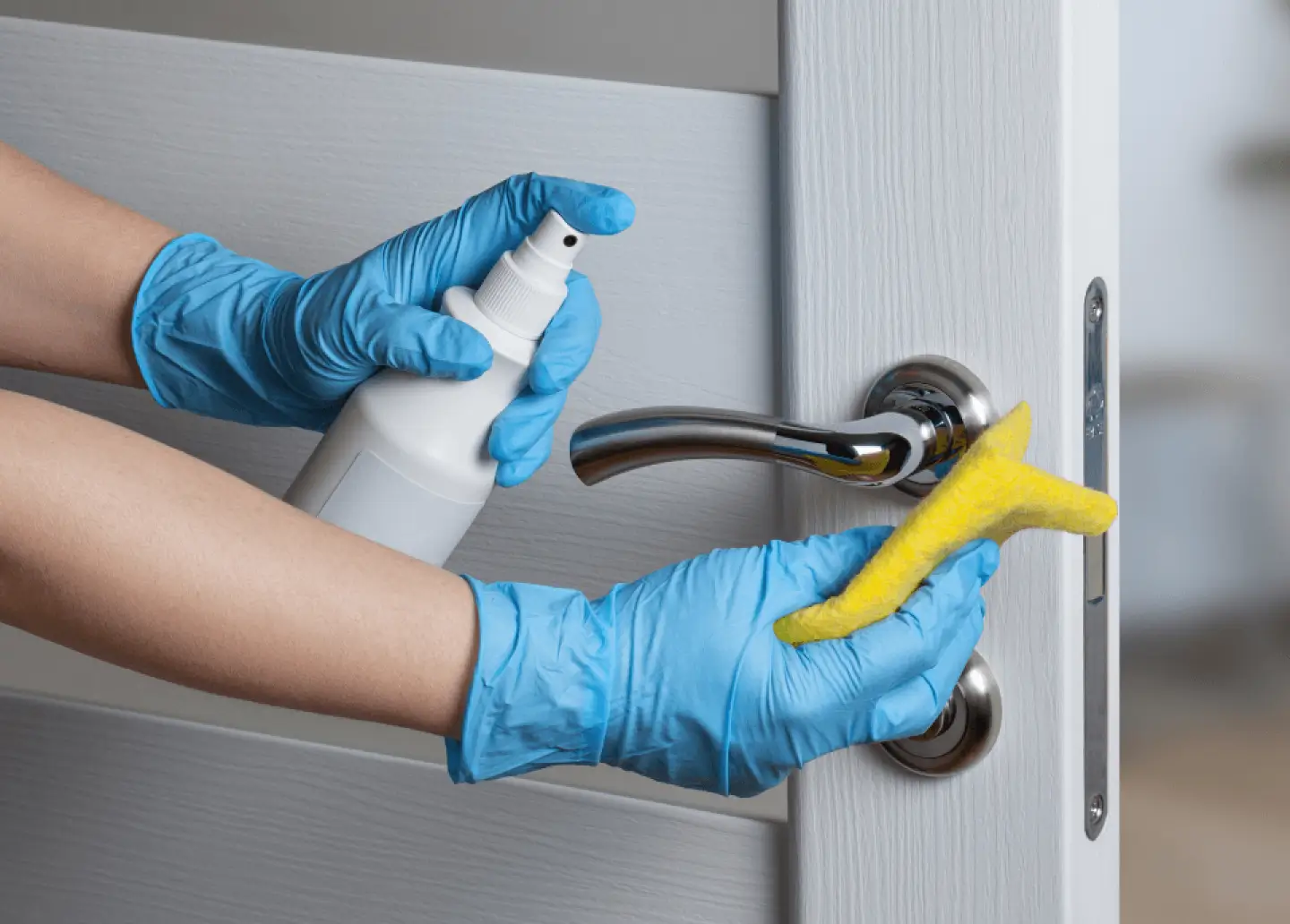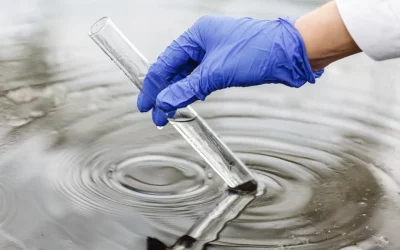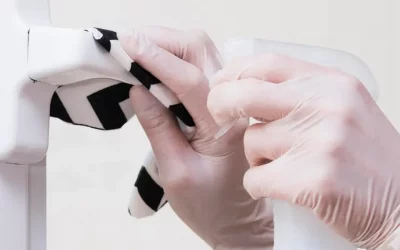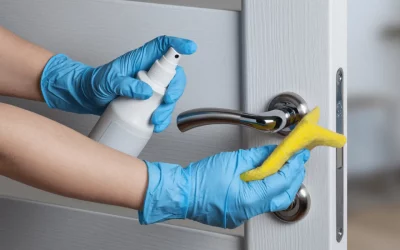Enzymes are bio-catalysts that speed up chemical reactions and break down complex molecules into simpler forms without undergoing any reaction themselves. This property of enzymes makes it useful for cleaning organic wastes in a variety of fields including decontamination of various medical devices, utensils, and equipment. The formulations thus prepared are called bio-enzymatic cleaners, enzymatic detergents, and disinfectants.
Enzymatic Disinfectants-Working
Enzymatic formulations speed up the breakdown of organic wastes also referred to as ‘soils’ into smaller particles at a much lower temperature and a neutral pH ranging from 6 to 8. These formulations contain different types of enzymes, notable among them proteases, lipases, and amylases.
How to Use Enzymatic Disinfectants in Medical Field
Enzymatic formulations break down bioburden and “soils” on medical instruments before the high-level disinfection and final sterilization. They should be used during the pre-cleaning stages which include manual cleaning, presoaks, or during the initial stage of automatic cleaning. Enzymes remove organic “soils” like bodily waste, fluids, lipids, tissues, and starches by breaking them down.
Depending on the instruments, enzymatic formulations can be sprayed on them. For thorough cleaning, instruments might need presoaking in precise concentrations of these solutions for up to 72 hours. For cleaning endoscopes, the lumens are flushed with enzymatic formulations at the point of use and then wiped with single-use enzymatic sponges for extended cleaning.
Enzymatic Disinfectants- Enzymes Used
Enzymatic formulations help clean and disinfect heavily soiled surgical items. They are also used as surface cleaners, carpet spotters, and many more cleaning solutions. Given below are some of the important enzymes used for these purposes.
a. Protease
Protease enzymes help break down hard-to-clean organic proteins like bodily wastes, mucus, and egg and bloodstains. These can also clean wine, coffee, and others beverages stains. They break down these complex particles into smaller ones that are water-soluble and easier to clean. Protease formulations are thus used to clean and disinfect utensils, surgical instruments, and hard-to-clean objects like carpets and drapes.
b. Amylase
The amylase family of enzymes works on starch stains by breaking down starch particles. They work on starchy substances like gravies, sauces, egg stains, and sugars. These are used for cleaning and disinfecting utensils and furniture of fast food outlets and restaurants.
c. Lipase
Lipase enzymes hydrolyze and break down water-insoluble fatty deposits like lipids, oils, and grease. These are broken down into smaller particles that are water-soluble and easier to clean.
Enzymatic Disinfectants- Different Uses
Enzymatic disinfectants are used for surface disinfection, restroom & bathroom cleaning, carpet cleaning and as disinfectants in toilets and public lavatories. Given below are some of the uses of enzymatic disinfectants.
1. Drain cleaning
Enzymatic disinfectants and cleaners break down oils, greases, and other organic materials and thus clean and unclog drains, pipes, and traps.
2. Urine and Uric Acid Stains and Odors
Enzymatic disinfectants clean and help remove urine spots and foul odours from restrooms.
3. Carpet Cleaning and Disinfection
Enzymatic formulations are used for carpet cleaning and disinfection as they can easily penetrate soft surfaces. Enzymes near-neutral pH does not discolour, fade or damage soft surfaces thus ensuring that carpets are safely cleaned.
4. In Laundry and Utensil Detergents
Enzymes work on a variety of stains and organic materials like blood, starch, fats, creams, mucus, and others. Therefore, enzymes are used in several laundry and dishwasher detergents that clean, disinfect, and do not harm the fabrics and precious cutlery items.
Optimization of Enzymatic Disinfectants
Enzymatic formulations have to be optimized so they can produce their best results. Here are some of the ways and tips for enzymatic optimization.
a. Temperature
The optimal temperature of enzymatic formulations containing protease enzymes is between 38 – 54° C.
b. Water Type
Most enzymatic formulations need pure and clean water. So, if you have hard or soft water, then you may have to treat the water or use filters.
c. pH level
Most enzymatic formulations work best between the pH range of 6 to 8.
d. Low Foam
Low-foam-producing enzymatic solutions make rinsing easy and improve the effectiveness of automatic washers.
e. Expiration Date
Enzymes are proteins that work as biocatalysts and break down other organic particles. Their effectiveness reduces after a while, so use enzymatic formulations before their expiry date.
Benefits of Using Enzymatic Disinfectants
Enzymatic cleaners have several advantages and benefits if used in cleaning solutions. Some of these areas are listed below.
a. Help in breaking down and removal of organic waste and soils at neutral pH and thus reducing bioburden.
b. Thoroughly cleaning and disinfecting hard-to-reach areas like small cracks and crevices.
c. Effective disinfection, cleaning, and protection of delicate medical instruments and devices.
d. Used at lower temperatures and concentrations than chemical detergents. Can be stored and shipped in ergonomic and smaller packaging.
e. Environmentally sustainable and much safer to use than other chemical disinfectants.
f. Once applied, can work for up to 80 hours for effective and complete cleaning and disinfection.
Conclusion
Enzymatic disinfectants are highly effective for cleaning various stains, objects, and surfaces. They unclog drains and are used for restrooms and washrooms cleaning. They are also used as surface and carpet cleaners and also in laundry and dishwasher detergents. These are also used to disinfect medical and surgical instruments. Enzymatic disinfectants are safe for use and environmentally sustainable too.






